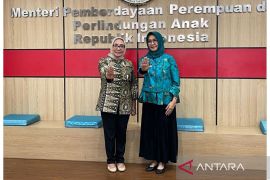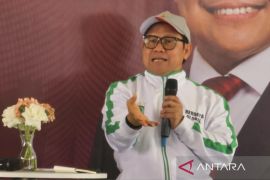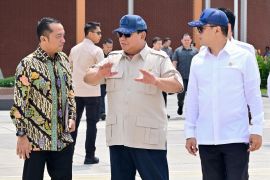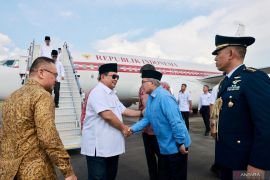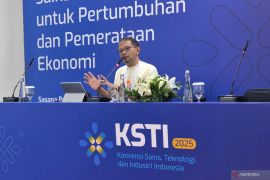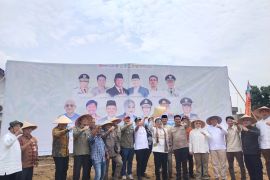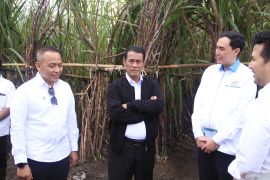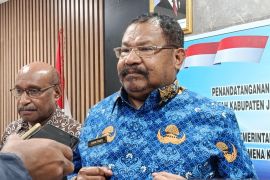Logo - http://photos.prnewswire.com/prnh/20140721/129100
The study for this white paper included on-the-ground research and interviews with the German energy ecosystem working on the country's energy transformation. Germany was of key interest to Grossi, as the country is making a large economic bet by setting aggressive goals to replace nuclear plants with renewable sources of energy. In terms of overall renewable energy usage, the country passed the 30 percent mark in 2014, and plans to reach 40-50 percent countrywide by 2025, and as much as 80 percent by 2050.
"We wanted to uncover why Germany would take such significant economic risks on renewable energy, why its government believes it will ultimately be successful with it, and what other markets around the world could contribute to and learn from it," says Grossi.
The white paper describes the overall differences between Germany's environmental and security views, its razor-sharp focus on maintaining grid sustainability, and the rise of its virtual power plants to solve some of the more sophisticated engineering challenges. However, the study also shows there are some energy blind spots Germany will have to address to meet its energy goals—which other nations can lend their innovations to help fill.
"What we ultimately uncovered is that there is a variety of technology that Germany will ultimately need to support their own transformation efforts that manufacturing powerhouses in Asia and other markets can help fill," says Grossi. "Specific innovations we looked at were battery storage, intelligent transformers and inverters, sensors and data analytics, and their associated standards."
The white paper concludes a much more distributed, resilient and smarter energy future globally will take hold over the next decade, with developing nations leap-frogging to these systems rather than building centralized ones, because it is now technically feasible and economically viable with today's mechanical, electrical engineering and information technology resources.
The full white paper is available for download at UL's online library in a variety of languages at http://bit.ly/1VVnTnx.
About UL
UL is a premier global independent safety science company that has championed progress for more than 120 years. Its nearly 11,000 professionals are guided by the UL mission to promote safe working and living environments for all people. UL uses research and standards to continually advance and meet ever-evolving safety needs. We partner with businesses, manufacturers, trade associations and international regulatory authorities to bring solutions to a more complex global supply chain. For more information about our certification, testing, inspection, advisory and education services, visit www.ul.com.
CONTACT: Dagmar Ebaugh
Global Public Relations & Social Media Manager
UL Commercial & Industrial
O: +1 (678) 872.0320 C: +1 (404) 216.4354, dagmar.ebaugh@ul.com
Reporter: PR Wire
Editor: PR Wire
Copyright © ANTARA 2016
